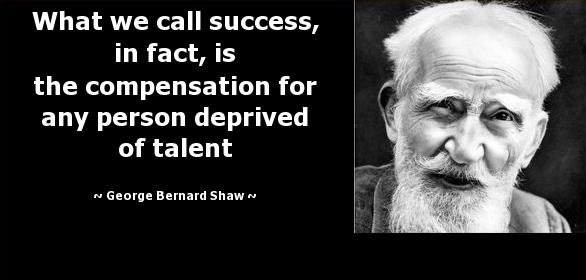I’m not the first to decry the use of the phrase “War for Talent” (see for example this blog by Workable). While I’m sure nobody wishes to downplay the true horror and suffering that is war through the use of such a metaphor, it is rather an apt one for the current recruitment market. I’m referring not only to the blatant mistreatment of undervalued candidates, but the lengths that the “top” organisations will go to in meeting their objectives of hiring only the best talent.
Michaeals (et al) is considered to have coined the phrase “War for Talent” largely due to his 2001 book of the same name, although in reality he had grasped an existing concept and thrust it into the limelight. Since then we have been continually told that the supply of labour is shrinking, and ergo we theorise, so must be the talent. Michaels non-definition of talent as being something that “you simply know it when see it” has not helped matters. In the absence of a definition (or conversely, everyone makes up their own definition) talent has become as rare as hen’s teeth.
Just like the political agendas of those embroiled in actual warfare, the perpetrators in the “War for Talent” do not realise (or do not care) that they are damaging talent rather than finding it or letting it flourish. Talent has become a ready-made commodity to be fought over and traded, not something that can be grown and nurtured. It’s now a big risk to invest in developing your own talent given the likelihood that it will be poached by the competition. The lack of talent is becoming a self-fulfilling prophecy.
However, “talent” is after all is just a label, and if talent is in the eye of beholder, it matters only who bestows that label. Research by Makela (et al) in 2010 found that visibility and language skills in relation to network position are a good indicator of whether someone will be labelled as talent, along with their relationship with the “decisionmaker”. Performance played only a minor part in the process. Skills and ethics were not even considered.
To me, this model does not deserve to be bestowed with the special label of talent. We are not experiencing a fundamental lack of talent. We are experiencing a fundamental myopia regarding what “talent” really is. At this point it matters not who started the war, but who will end it.

Pingback: Who started the War for Talent? – Humaniza2